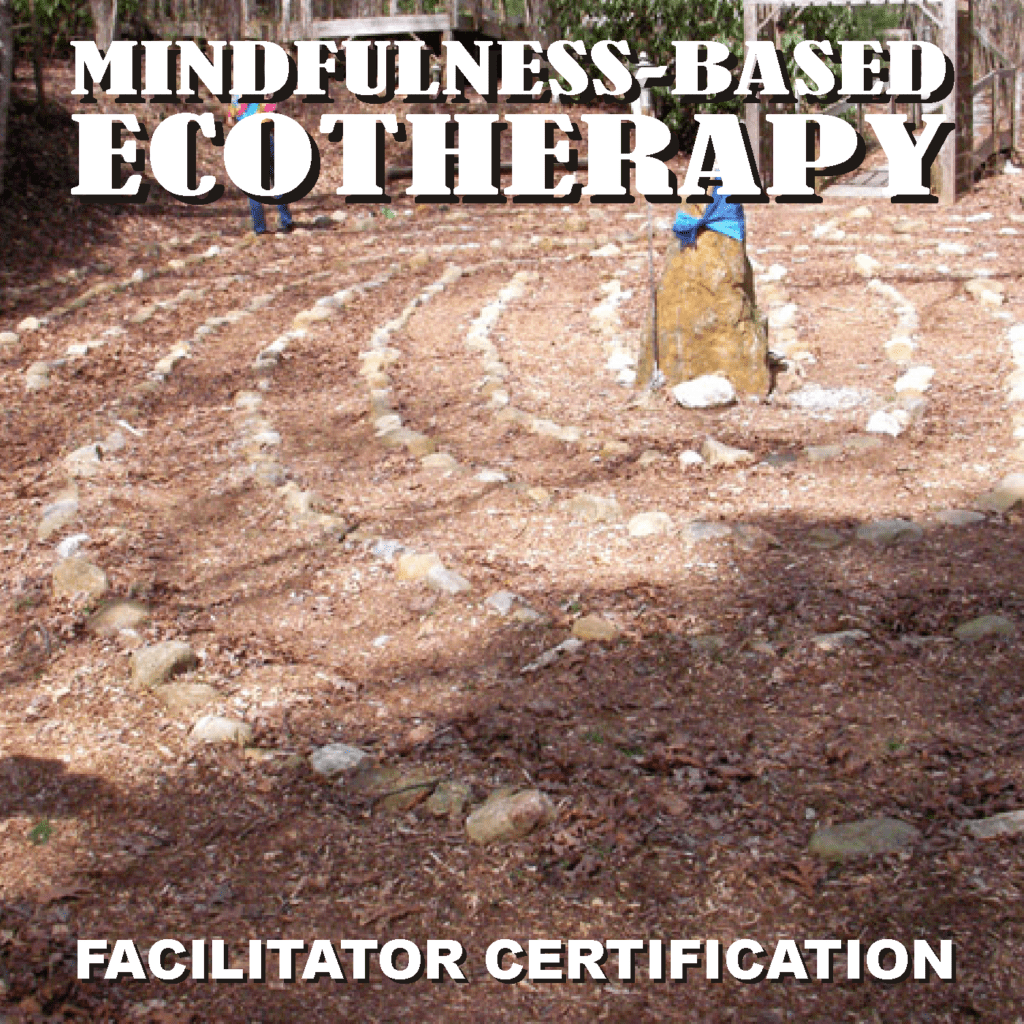
Dialectical Behavioral Therapy (DBT) is a transformative therapeutic approach that has been changing lives since its development in the 1970s by Dr. Marsha Linehan. Originally designed to treat individuals with borderline personality disorder (BPD), DBT has since expanded its reach to address a wide range of mental health challenges, including depression, anxiety, post-traumatic stress disorder (PTSD), and substance use disorders. At its core, Dialectical Behavioral Therapy (DBT) is about finding balance—between acceptance and change, between emotional intensity and calm, and between the complexities of life’s challenges and the skills to navigate them.
Charlton Hall, MMFT, PhD, LMFT, has been a dedicated practitioner of DBT since 2008, bringing over a decade of expertise to his work. As a Licensed Marriage and Family Therapist, Dr. Hall has helped countless individuals harness the power of DBT to transform their lives, fostering emotional resilience and healthier relationships.
What is Dialectical Behavioral Therapy?
DBT is a structured form of psychotherapy that combines elements of cognitive-behavioral therapy (CBT) with mindfulness practices. The term “dialectical” refers to the synthesis of opposites, a concept that is central to Dialectical Behavioral Therapy (DBT). This approach acknowledges that life is full of contradictions and that true growth often comes from finding a balance between opposing forces.
DBT is built on four key modules:
- Mindfulness: This foundational skill teaches individuals to be present in the moment, fostering awareness and acceptance of their thoughts and emotions without judgment.
- Distress Tolerance: This module equips individuals with tools to cope with difficult situations and emotions without resorting to harmful behaviors.
- Emotion Regulation: DBT helps individuals understand and manage their emotions, reducing the intensity of negative feelings and increasing emotional stability.
- Interpersonal Effectiveness: This module focuses on improving communication and relationship skills, enabling individuals to assert their needs while maintaining respect for others.
The Impact of DBT
One of the reasons Dialectical Behavioral Therapy (DBT) is so effective is its emphasis on both acceptance and change. It validates individuals’ experiences and emotions while also encouraging them to adopt healthier behaviors and thought patterns. This dual focus makes DBT particularly effective for individuals who struggle with intense emotions and impulsive behaviors.
Dr. Charlton Hall has witnessed firsthand the transformative power of DBT. Through his practice, he has helped clients develop the skills to navigate life’s challenges with greater confidence and resilience. His approach is compassionate and client-centered, ensuring that each individual receives the support they need to thrive.
Why Choose DBT?
Dialectical Behavioral Therapy (DBT) is not just a therapy; it’s a life-changing toolkit. Whether you’re dealing with overwhelming emotions, struggling to maintain healthy relationships, or seeking a greater sense of balance in your life, DBT offers practical skills that can make a profound difference.
Dr. Hall’s extensive experience in DBT, combined with his expertise in mindfulness and family systems therapy, makes him a trusted guide for those seeking emotional healing and growth. Since 2008, he has been at the forefront of helping individuals harness the power of DBT to create meaningful and lasting change.
Conclusion
Dialectical Behavioral Therapy is a beacon of hope for those navigating the complexities of mental health challenges. With its emphasis on balance, mindfulness, and practical skills, DBT empowers individuals to lead more fulfilling lives. Under the guidance of experienced practitioners like Charlton Hall, MMFT, PhD, LMFT, the journey toward emotional well-being becomes not just possible but transformative.
If you’re ready to take the first step toward a more balanced and resilient life, consider exploring Dialectical Behavioral Therapy (DBT) with a qualified therapist. The skills you learn could be the key to unlocking a brighter future.
Share Your Thoughts!
Please feel free to share your thoughts in the comments below!
Don’t forget to check out our YouTube channel for more information and content!
Schedule a Teletherapy Appointment with Charlton Hall, MMFT, PhD, LMFT
For those seeking personalized guidance in incorporating Mindfulness-Based Ecotherapy into their lives, Charlton Hall, MMFT, PhD, LMFT, offers professional teletherapy sessions. With extensive expertise in MBE, Dr. Hall provides tailored strategies to help individuals overcome insomnia and achieve restorative sleep.
How to Schedule an Appointment:
- Visit the Mindful Ecotherapy Center Website to find more information about Dr. Hall’s approach to sleep wellness and mindfulness-based therapies.
- Book a Consultation – Easily schedule a teletherapy session that fits your availability.
- Receive Expert Guidance – Work one-on-one with Dr. Hall to develop a personalized sleep-improvement plan using MBE techniques.
By integrating Mindfulness-Based Ecotherapy into your daily routine, you can naturally enhance your sleep quality, reduce stress, and achieve long-term wellness.
Schedule an Appointment Today!
Ready to take the next step? Schedule a session with Charlton Hall today and start your journey to better sleep through the healing power of nature.




